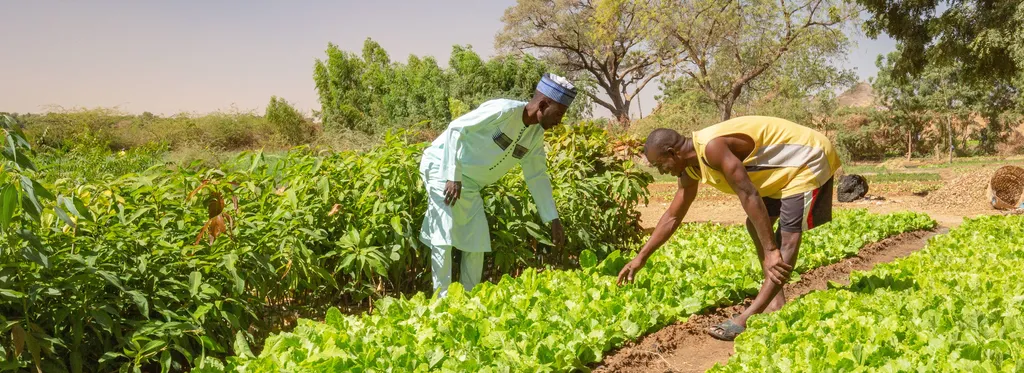In the sun-scorched landscapes of North Africa, where soil degradation and water scarcity threaten food security, a beacon of hope emerges from the field of agroecology. A recent review published in *Frontiers in Sustainable Food Systems* sheds light on resilient agroecological practices that could revolutionize sustainable land management in the region. Led by Abdellatif Boutagayout of the Laboratory Health Environment and Agroecosystem Sustainability at Moulay Ismail University in Morocco, the research offers a comprehensive look at practices that could bolster agricultural resilience and preserve natural resources.
The study highlights key practices such as organic amendments, composting, biochar application, agroforestry, direct seeding, mulching, crop diversification, and cover cropping. These methods not only enhance soil health but also improve water retention and biodiversity, which are critical for sustainable agriculture in arid and semi-arid regions. “Agroecology offers a sustainable and promising approach to land management by enhancing the resilience of agricultural systems and preserving natural resources and biodiversity,” Boutagayout explains. This holistic approach could significantly impact the agricultural sector by reducing dependency on chemical inputs and fostering more sustainable farming practices.
Beyond traditional methods, the research proposes integrating emerging technologies like remote sensing, smart soil sensors, and digital decision-support platforms. These technologies can provide real-time data and insights, enabling farmers to make informed decisions that optimize resource use and improve crop yields. “To advance the agroecological transition, it is essential to reinforce supportive policies, foster stakeholder participation, promote interdisciplinary research, and strengthen capacity-building initiatives,” Boutagayout notes. This integration of technology and traditional knowledge could pave the way for more efficient and sustainable agricultural systems.
The commercial implications of this research are profound. By adopting agroecological practices, farmers can reduce costs associated with chemical fertilizers and pesticides, while also improving soil fertility and crop resilience. This transition could open new markets for organic and sustainably produced goods, catering to the growing global demand for eco-friendly products. Additionally, the use of digital technologies can streamline operations, reduce waste, and enhance productivity, making agriculture more profitable and sustainable in the long run.
The study also emphasizes the importance of collaboration among stakeholders, including farmers, researchers, policymakers, and technology providers. Sharing successful experiences and developing context-specific solutions will be crucial for establishing more resilient and equitable agricultural systems across North Africa. “Encouraging collaboration among actors, sharing successful experiences, and developing context-specific solutions will contribute to establishing more resilient, sustainable, and equitable agricultural systems,” Boutagayout asserts.
As the agricultural sector grapples with the challenges of climate change and resource scarcity, the insights from this research offer a roadmap for a sustainable future. By embracing agroecological practices and leveraging emerging technologies, North Africa can transform its agricultural landscape, ensuring food security and economic prosperity for generations to come. The findings published in *Frontiers in Sustainable Food Systems* by lead author Abdellatif Boutagayout of the Laboratory Health Environment and Agroecosystem Sustainability at Moulay Ismail University in Morocco provide a compelling case for the urgent adoption of these practices and technologies.

